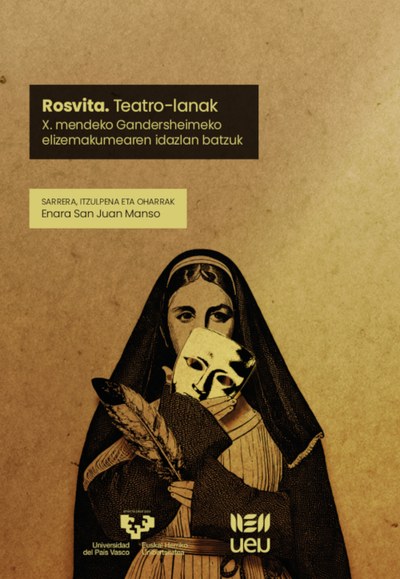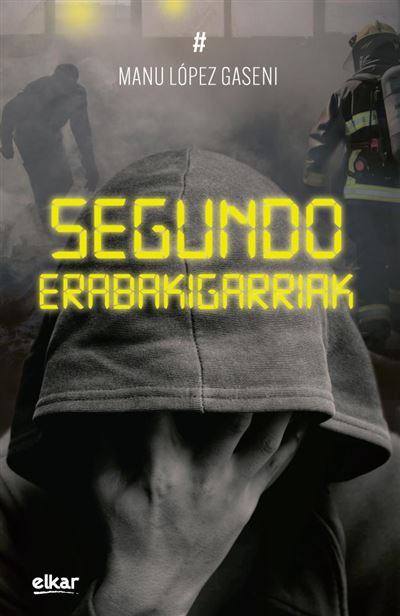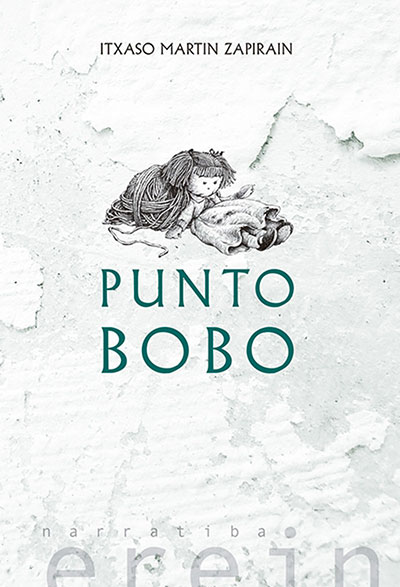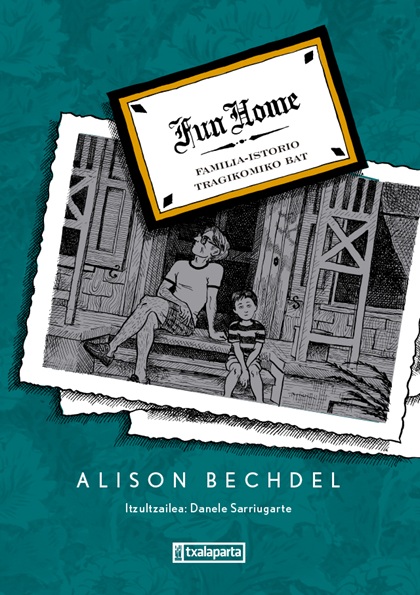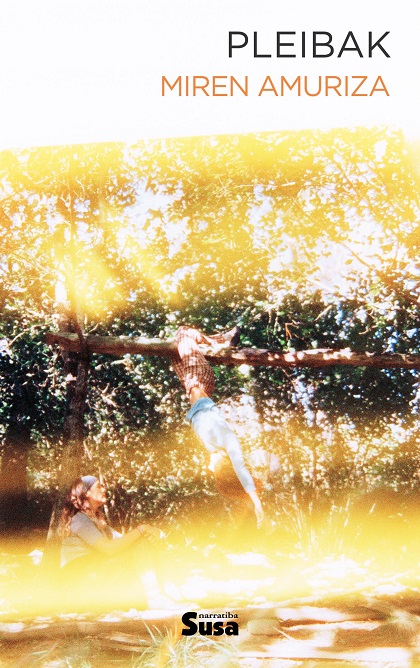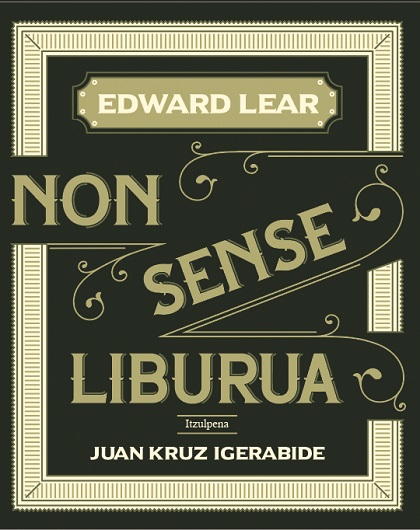The shadow of the writer
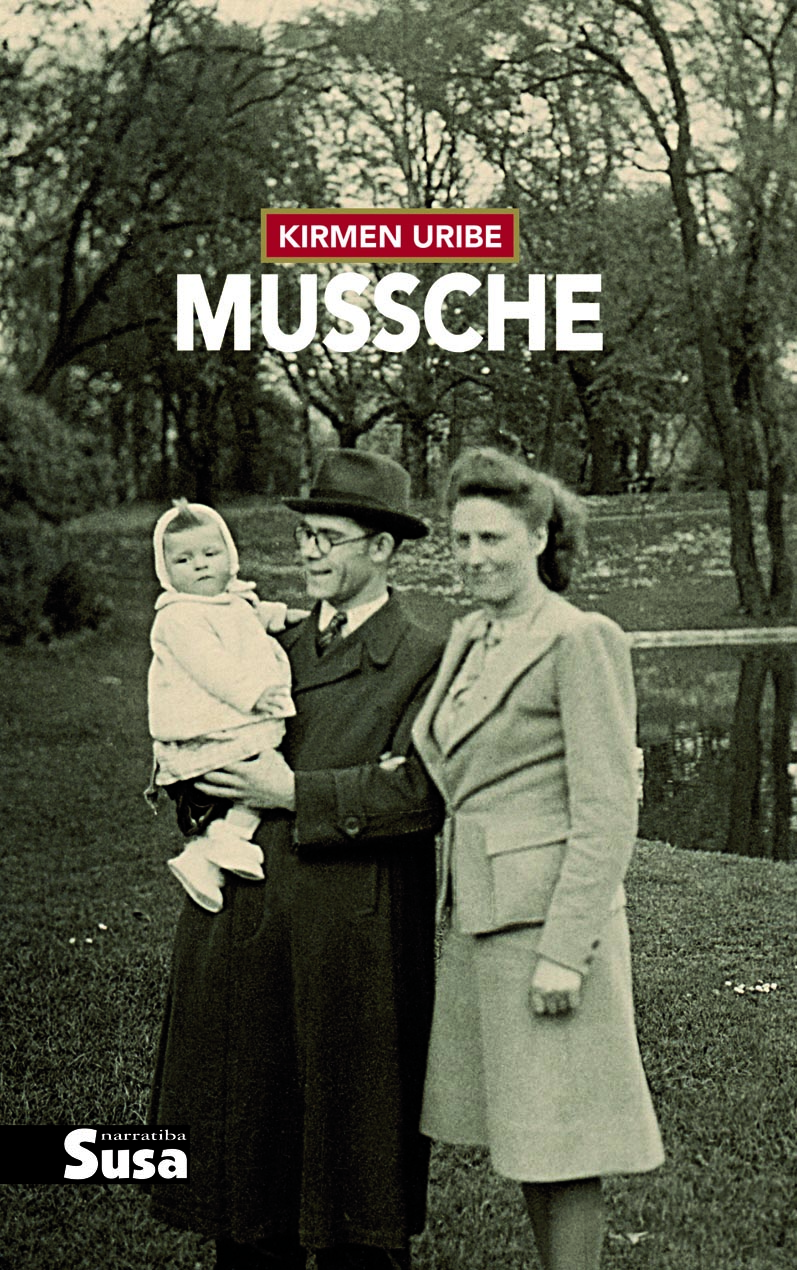
Taking as an excuse the fate of the Basque children of the War of 36, the II. The novel is based on the World War and ends in 2011. Wars affect all characters, including the Belgian writer Robert Mussche, who gives life to the novel in the footsteps of his life.
Under the genius of docufiction, the characters’ adventures are mixed with historical data in passages that take different forms. But sometimes, I wonder if those historical marks don't get too far from the tone of the novel. There is, however, a passage in which they are perfectly combined, for example, in the description of the attack on the Cap Arcona penitentiary transatlantic.
The novel is sewn thanks to the information obtained by a story-researcher, although it is often disguised with an omniscient narrator. Likewise, the anonymous researcher takes the trace of Kirmen Uribe, especially in the third chapter, where, when asked about the reason for this story, he quotes the death of a friend and, in the end, recognizes that this friend is Aitzol Aramaio. At that moment, I felt that narrative coherence was broken, without the need for it, since the narrator-researcher justifies the existence of the novel itself.
In general, it reads at ease and empathizes easily with the characters. In this sense, we observe the usual naivety in the works of Uribe, although I was not entirely satisfied at the end of an attempt to balance it, claiming that Mussche’s political commitment adversely affects the lives of his wives.
On the other hand, the types of relationships between the characters give rise to reflection, especially those that feel but cannot be publicly expressed: The concerns that appear in Vic's daily life, the hidden feelings of Herman, the inevitable betrayal of Aline, etc. However, many of the relationships between the characters talk about cultural creation and, in this sense, the limits of authorship (to what extent is it ethical to use the reality of others for fiction?) and about translation (how much does the translation of creation have?) reflects in the novel.
In any case, the novel reflects on the consequences of past conflicts and the work of fiction is conceived as a space for dismissing the dead. In this effort against oblivion, however, I have been left with some absences, such as that of the protagonist and that of Karmentxu.
Rosvita. Teatro-lanak
Enara San Juan Manso
UEU / EHU, 2024
Enara San Juanek UEUrekin latinetik euskarara ekarri ditu X. mendeko moja alemana zen Rosvitaren teatro-lanak. Gandersheimeko abadian bizi zen idazlea zen... [+]
Idazketa labana bat da
Annie Ernaux
Itzulpena: Leire Lakasta
Katakrak, 2024
Decisive seconds
Manu López Gaseni
Beste, 2024
--------------------------------------------------
You start reading this short novel and you feel trapped, and in that it has to do with the intense and fast pace set by the writer. In the first ten pages we will find out... [+]
When the dragon swallowed the
sun Aksinja Kermauner
Alberdania, 2024
-------------------------------------------------------
Dozens of books have been written by Slovenian writer Aksinja Kermauner. This is the first published in Basque, translated by Patxi Zubizarreta... [+]
Puntobobo
Itxaso Martin Zapirain
Sowing, 2024
----------------------------------------------------
The title and cover image (Puntobobo, Wool Bite and Rag Doll) will suggest mental health, making the point and childhood, but more patches will be rolled up as the book... [+]
Itsasoa bete urre
Dani Martirena
Irudiak: Ana Ibañez
Txalaparta, 2022
--------------------------------------------
Liburu honetara barneratzen den irakurleak sentsazio ugari izango ditu. Deigarria da azaleko letren urre kolorea eta zuritasuna, goialdean ageri den... [+]
Migranteak
Issa watanabe
1545 argitaletxea, 2024
-------------------------------------------
Ezagutzen ez nuen 1545 argitaletxeak 2024an itzuli eta kaleratu du Issa Watanaberen Migranteak liburua. Animalia talde batek egiten duen migrazio prozesua kontatzen du; eta... [+]
Adania
Shibli
Translation: Aitor Blanco Leoz
Igela, 2024
----------------------------------------------
During these days, an Israeli soldier is bombarding hospitals, schools, Palestinian refugee camps with drones as if it were a video game, while in the West we see on... [+]
Fun Home. A tragic family
history Alison Bechdel
Txalaparta, 2024
---------------------------------------------
Fun Home. Alison Bechdel is known for the first publication of the graphic novel A Tragic Family Story (2006), although he himself participated in several... [+]
PLEIBAK
Miren Amuriza Plaza
Susa, 2024
--------------------------------------------------
Susa has published Miren Amuriza's second novel in the atrium of the Durango Fair: Plead. It's plebiscites because you're singing about an earlier recording. Berria includes the... [+]
Book Non sense
Edward Lear
Translation: Juan Kruz Igerabide
Denonartean, 2024
----------------------------------------------
The writer and illustrator Edward Lear published this work in 1846. As Igerabide says in the prologue of the book, “nonsense humor, absurd... [+]
Hetero
Uxue Alberdi
Susa, 2024
----------------------------------------------------
In the era of negationism, the manosphere and trolls, the contribution of literature is essential, because it is an exceptional instrument to look at the folds of reality: the situations... [+]
Guardasola wants rain
Patxi Zubizarreta
Illustrations: Irrimarra
Ibaizabal, 2024
---------------------------------------------
30 years ago Patxi Zubizarreta published the book Marigoringoak hegan; J. M. Illustrated by Lavarello and by the hand of the Catalan publisher... [+]
Eyes on the horizon
Writer: Illustrator Miren Agur
Meabe: Ane Pikaza
Elkar, 2020
-------------------------------------------------------
Miren Agur Meabe has published several texts and books. He's worked with all the literary genres: children's and youth literature,... [+]
Barrengaizto
Beatrice Salvioni (Translation:
deceit Fernando Rey)
Txalaparta, 2024
------------------------------------------------
Fernando Rey has chosen the title of Barrizto to translate La malnata de Beatrice Salvioni. King says he has tried to be the voice of the... [+]











